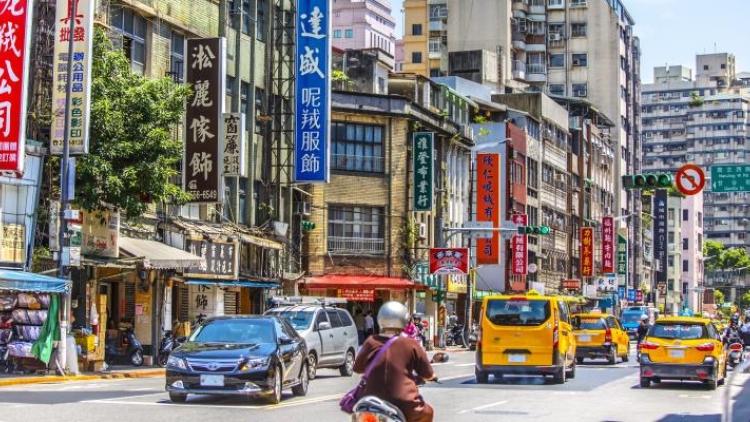
Representation of Intersectional and Cultural Identities in Taiwanese-Language Port City Cinema

Key information
- Date
- Time
-
1:00 pm to 3:00 pm
- Venue
- Paul Webley Wing, Senate House, SOAS University of London, WC1H 0XG
- Room
- Wolfson Lecture Threatre (SWLT)
About this event
This talk contributes to two relatively under-researched areas in the existing literature of Taiwanese popular culture and film studies—Taiwanese-language films (taiyupian) and port city cinema.
The research compares five case studies in Taiwanese-language port city cinema: Nostalgic Song of Anping (安平追想曲 [Anping zhuixiang qu], 1969, dir. Chen Yang陳揚), Back to Anping Harbor (回來安平港 [Huilai anping gang], 1972, dir. Wu Feijian吳飛劍), The Boys from Fengkuei (風櫃來的人 [Fenggui lai de ren], 1983, dir. Hou Hsiao-hsien侯孝賢), Cape No.7 (海角七號 [Haijiao qi hao], 2008, dir. Wei Te-sheng魏德聖), and Gatau (角頭 [Jiao tou], 2015, dir. Li Yunjie李運傑).
Across each case, the study analyses how the cinematic representation of port cities may have reflected social and cultural developments, changing (and unchanged) Taiwanese intersectional and cultural identities from the 1960s to the twenty-first century.
Meet the speaker
Dr Ming-Yeh T. Rawnsley
Dr Ming-Yeh T. Rawnsley is Research Associate, Centre of Taiwan Studies, School of Oriental and African Studies (SOAS), University of London, UK. She is also Research Associate at the Institute of Sociology, Academia Sinica, Taiwan.
Dr. Rawnsley was Secretary-General, European Association of Taiwan Studies (EATS, 2012–2018), and is the founding Editor-in-Chief, International Journal of Taiwan Studies (2018–present). She worked as a researcher at the University of Nottingham (1999–2005) and became Head of Chinese Studies at the University of Nottingham Ningbo China (2005–2007).
Before she joined SOAS in 2013 and Academia Sinica in 2018, Dr. Rawnsley researched and taught East Asian film industries at the University of Leeds (2007–2013). She has published widely in both English and Chinese on Chinese-language cinema and media and democratisation in Taiwan.
Image by Cooley Lin via Unsplash


